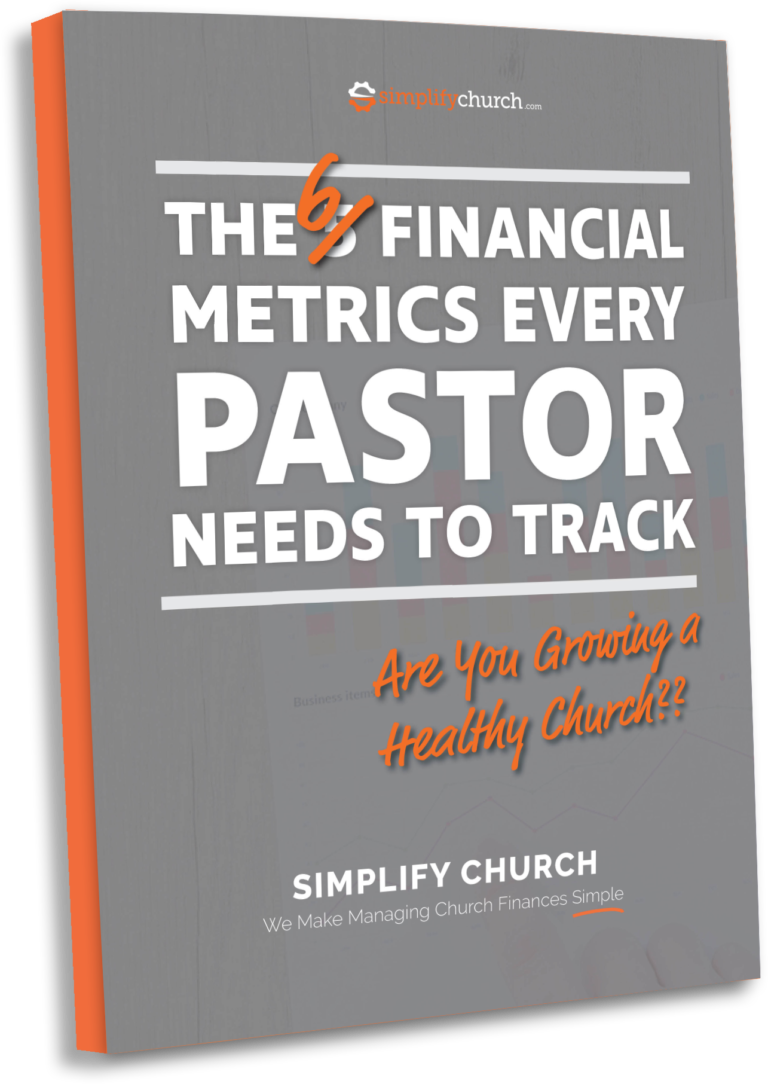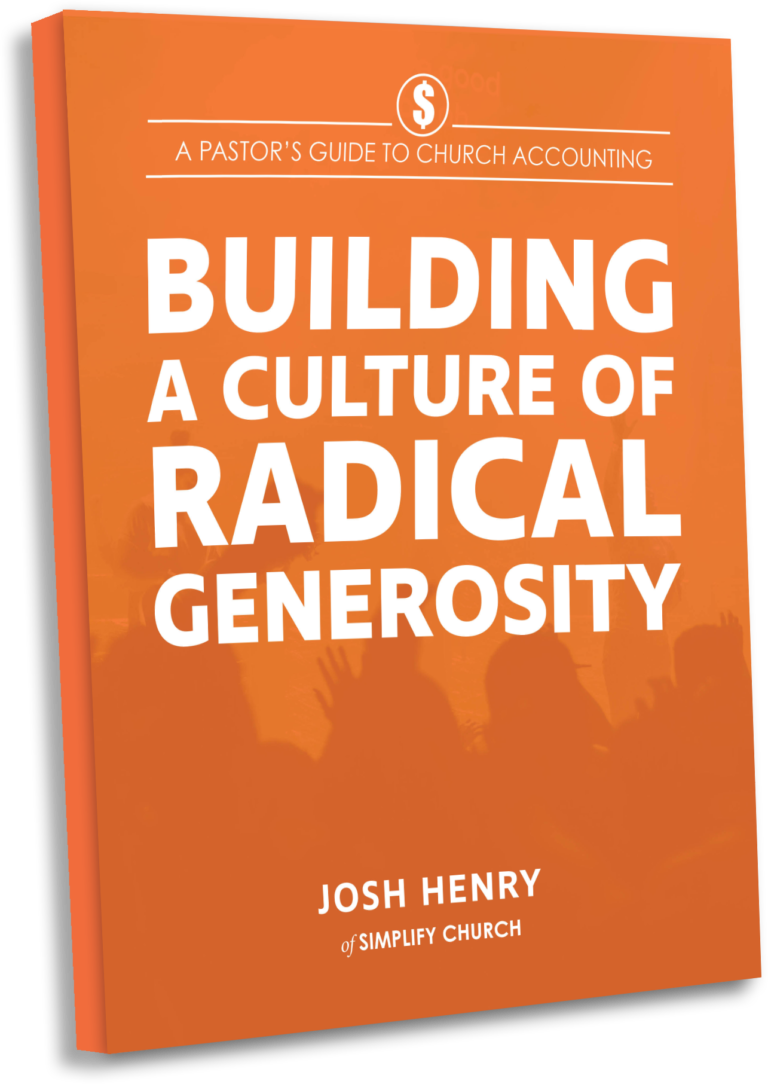When I was in the youth group late in high school we had a new youth pastor join our church. He was great and came from a significantly smaller church when he joined us. By smaller I mean the jump in size was fairly significant. Our youth group alone had an average attendance of more than his previous church. Needless to say there were a lot of new things for him.
One of those things was he now had a sizeable ministry expense budget. That line was there for him to be used to expense items that benefited his personal ministry. The funds could be used for books, conference registrations, mileage, and also food for meals with others.
I’ll never forget coming back after a few years of college to have lunch with the pastor and heard his story. He’d put on nearly 25 pounds that he attributed solely to his ministry expense budget.
Now, he was not using that money inappropriately, but at the same time he realized that perhaps eating out consistently may not have been the best use of that budget line.
How does this relate?
As a church bookkeeper, we see the expenses from hundreds of churches across the country and there is definitely a mis-perception that I’d like to address here.
Here’s the question we get asked a lot, Are Meal Expenses Limited for Churches and Church Staff?
Here are three misconceptions about using ministry funds for eating out.
1. Meal expenses are handled much the same as they would in a for profit business.
We see churches and pastors all the time using the church funds at Starbucks several times per week. We see pastors buying lunch out several times per week. While it would seem that there is a justification to use the church funds when working from the local Starbucks, unfortunately, that is not the case.
Much like in a business, meals can only be expensed when they serve a legitimate business purpose, and that purpose needs to be documented.
The measure here is to ask “What would a reasonable person say?”
If a pastor takes the staff out to lunch several times throughout the week and pays for everyone on the church’s card, a reasonable person may say that is abusive.
“But we need to eat” you may say.
While that is true, that meeting could have just as easily been pushed a couple hours before or after lunch and not required the meal to happen.
In a for profit business that files tax returns, the owner can only expense 50% of meals anyway. This is due to the fact that the IRS will claim that half of the meal was for the owner and therefore not able to be expensed.
In the case of Wells v. Commissioner, Docket No. 6088-76, 1977 Tax Ct. Memo LEXIS 22 (U.S. T.C. Dec. 7, 1977), the meals of attorneys who met monthly for lunch were considered too frequent to be business-related expenses.
While frequency is not defined, what was deemed here was meeting with the same people, frequently could not be considered a business related expense.
2. Using church funds for personal meals and coffee is inappropriate
We work with many churches that don’t have a physical office or location. Throughout the week pastor will work from a local coffee shop or other location. It can be tempting to get a cup of coffee and use the church’s card to pay for it. It’s easy to justify and say that you’re doing church business and therefore the church should cover that expense.
Unfortunately, that is not the case.
The IRS makes it very clear how to handle meals & entertainment expenses and does not provide any distinction between for profit and nonprofit entities.
There are some ways that a church can put an Accountable Reimbursement Plan in place which would give guidance and direction and provide some assistance to the pastor. Unfortunately, without this plan the IRS would deem this use of funds to be a benefit provided to the pastor and therefore taxable as personal income.
3. Remember, we’re called to be good stewards.
This is a very sticky issue and I’ll admit there is some grey area in the discussion.
I always will contend for churches in areas where the answer is grey that we hold ourselves to a higher standard. Just because something can be justified doesn’t make it right. Many churches are already under scrutiny so why would we voluntarily enter into situations to increase that?
Something that a previous pastor I worked for told me when stewarding and making decisions about church funds was to keep my grandma in mind. My grandma lived for many years on her Social Security income so needless to say she was not rich. However, she was a faithful tither. She made sacrifices to faithfully give and we needed to hold her sacrifice in regard when it came to using church resources.
Another way to think about it is to ask what your average church member would think. Now I’ll admit many in the church want pastors to live on peanuts and they want to go cheap. I get it. However, can you justify your expenses to the average church member? If you showed them the amount of money or percentage of budget that was spent on staff meals would they deem that as appropriate?
Now some churches have taken that too far and become cheap. I’m not advocating for hoarding and not using funds for ministry, but rather using those funds to further the ministry.
Unfortunately, the ramifications here are extreme. IRS field agents are given the authority to deem what they think is excessive or inappropriate. The fines and penalties enough should prevent us but you may also be putting your church’s nonprofit status in jeopardy. It’s really not worth it for a $3 cup of coffee.
Now this post is not intended to be an exhaustive comment on this situation and there is much more that could be said. If you want to dive deeper, comment below and we can discuss more.
If you need help in these areas or putting together a financial system that better tracks and manages your expenses let us know. We’re here to simplify so you can do ministry better.



